For years, Elgato has been at the forefront of the gameplay capture market with its various products. From the high-powered 4K60 S+ and 4K60 Pro to the old-school Game Capture HD, there has been no shortage of products available, and the library keeps getting bigger. Enter the Elgato HD60 X, the latest capture card from the company, designed to bring a new feature to the mix for those with next-gen consoles and modern-day gaming PCs.
Retailing for $200 USD, the Elgato HD60 X looks like your standard capture card with a refreshed design. But under the hood, there’s more there than what you’d expect.
Before getting into the features, however, let’s talk about the setup. It’s as easy as any recent external capture card. Simply unbox it, connect it to your computer with the included USB-C cable, and select it in your capture software of choice. It’s that simple. No extra drivers or anything needed. Just plug it in and play.
Bringing a needed refresh… rate
The biggest selling point for the HD60 X is the addition of Variable Refresh Rate (VRR) support for capture. That means, if your display supports it, you won’t lose your Nvidia G-Sync or AMD FreeSync features just because you want to capture and/or stream your gameplay.
During testing of the feature, it actually worked out quite well. At 1080p60 HDR10, the capture was near flawless and identical to the passthrough seen on the monitor itself. To be completely honest, it wasn’t something I was expecting. Elgato is no rookie when it comes to video capture, but I still expected some potential tearing or occasional hiccups. I had none of it with the near 15 hours of gameplay I captured with the Elgato HD60 X.
In fact, I do think it’s the best card available right now for 1080p60 captures solely for the HDR and VRR alone.
Now to be clear about the VRR ability. You need to have a display that supports it if you want to enjoy it yourself. Sure, you can capture the feature without one, but you aren’t going to notice the difference. As far as the HDR feature, that is currently only available on Windows.
Where the drawback lies for me is that if you want high quality 4K gameplay captures, you won’t find that option here. While the HD60 X does offer 4K60 passthrough, it only captures at 30fps. Stepping down the resolution gives you 1440p120 passthrough with 1440p60 capture.
With the 4K30 capture, it doesn’t really look all that great. In fact, I found the 1080p60 HDR captures to be far more appealing with this card than trying to do anything 4K – or even 1440p – related. For that, you’re better off looking for a 4K60 Pro or even a 4K60 S+ if you want an Elgato product that gives you the resolution you prefer.
Elgato HD60 X review verdict
Since 2012 with the original Game Capture HD, Elgato has been working to push the capture market forward in new and innovative ways. That’s why it’s a little bit disappointing to see that lack of overall innovation with the Elgato HD60 X.
The addition of VRR to the device is great for those with a PlayStation 5, Xbox Series X|S, or those gaming on PC with a high-end VRR display. However, other than that, there’s nothing that really makes it stand out. I do enjoy the quality of the 1080p60 HDR captures, and that’s exactly the user base this card caters to.
If you want to provide your audience with the best 1080p captures you can without compromising your own visuals, this is the card for you. If this is your first Elgato card and 4K isn’t that important to you, it’s a solid recommendation.
That said, if you already have a more recent Elgato capture card, I’d wait until another iteration after the HD60 X before buying.

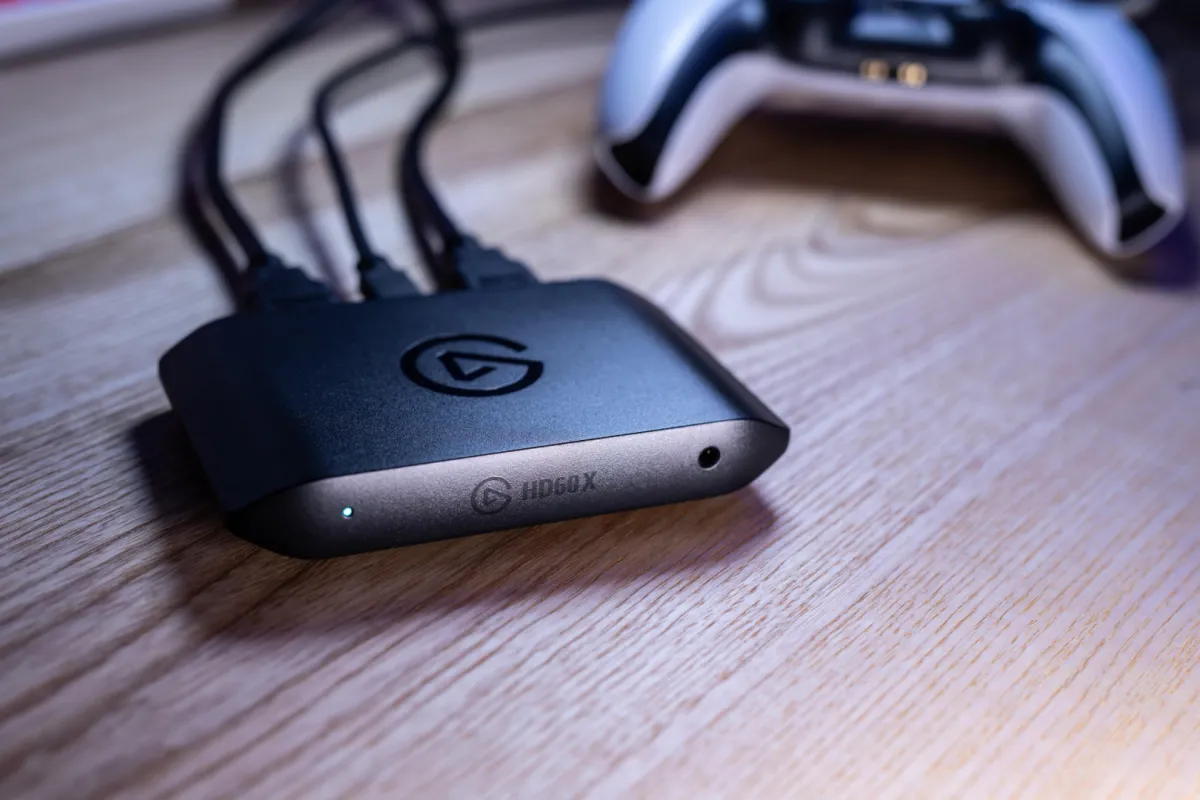
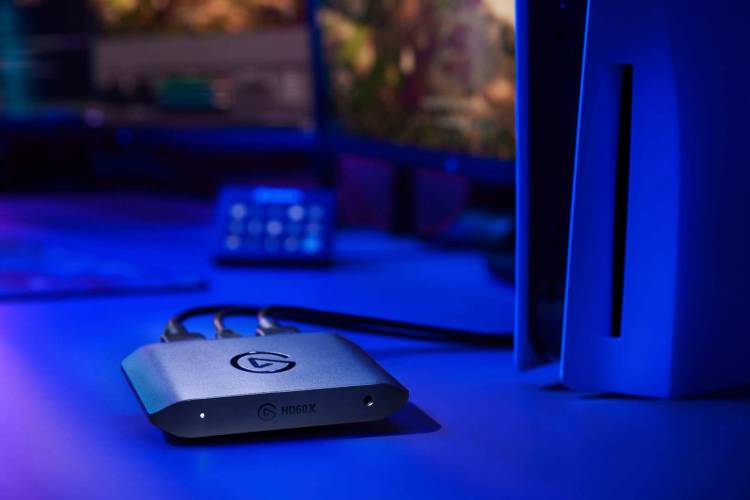
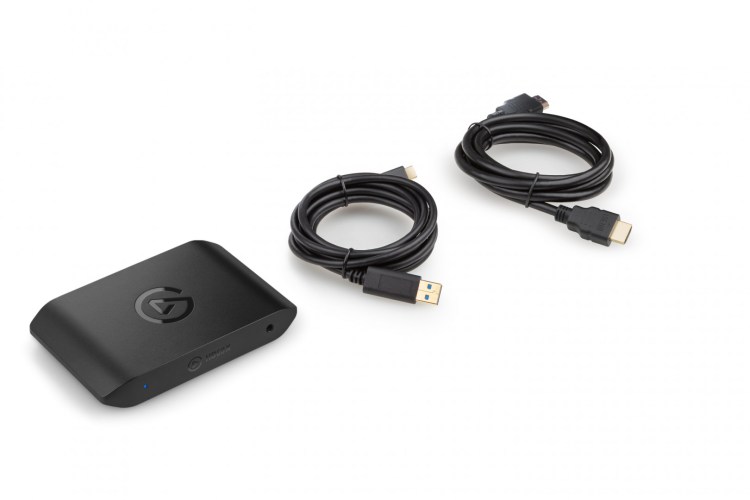
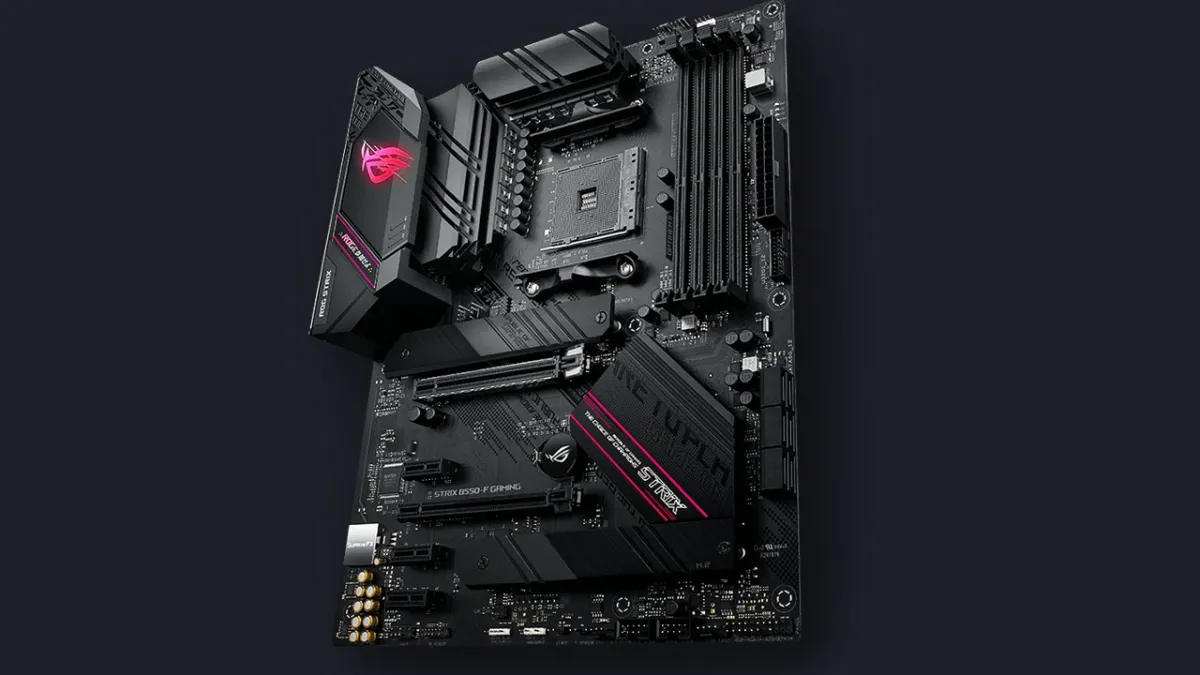

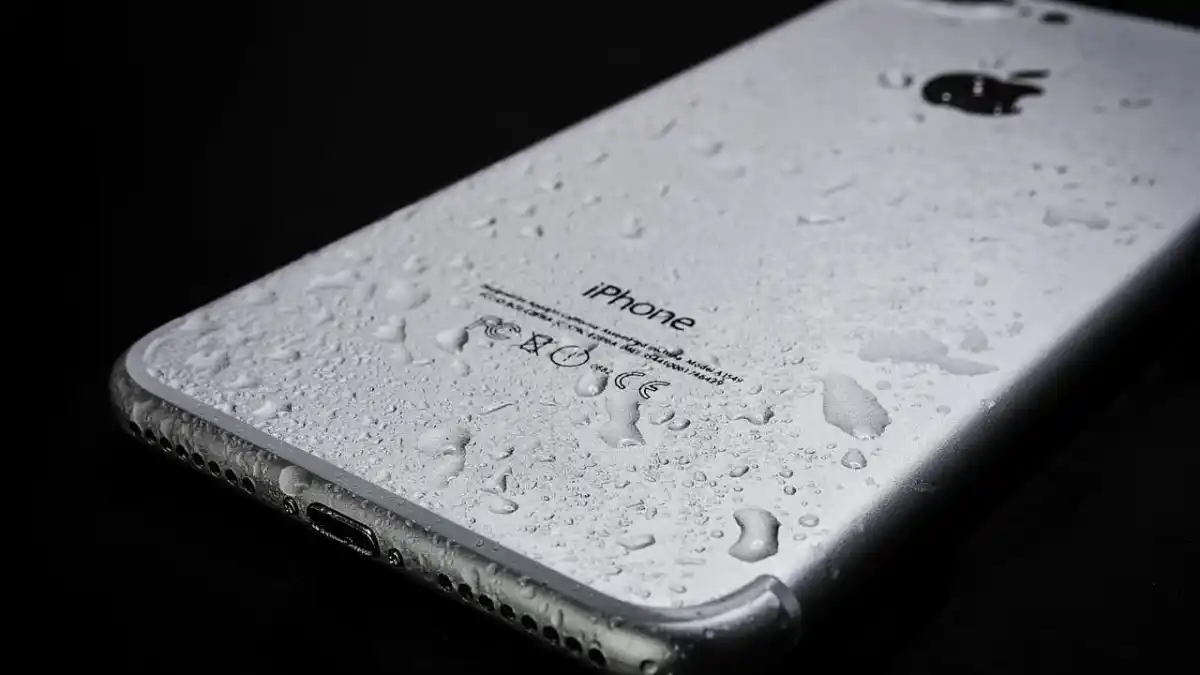
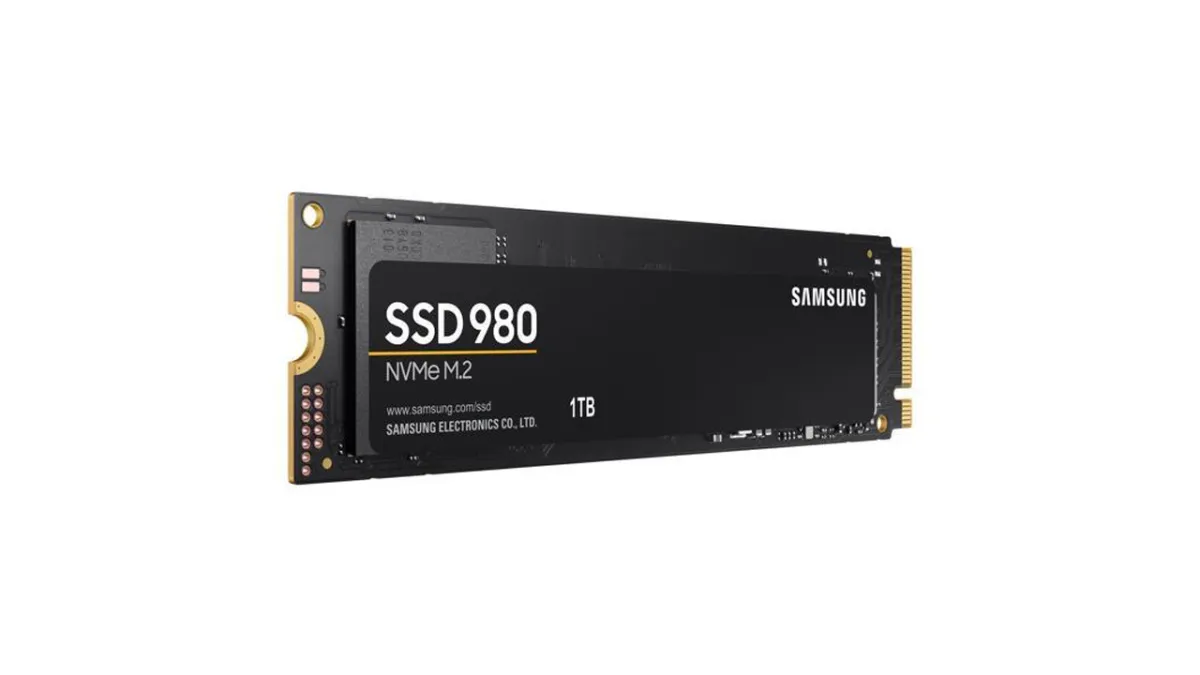
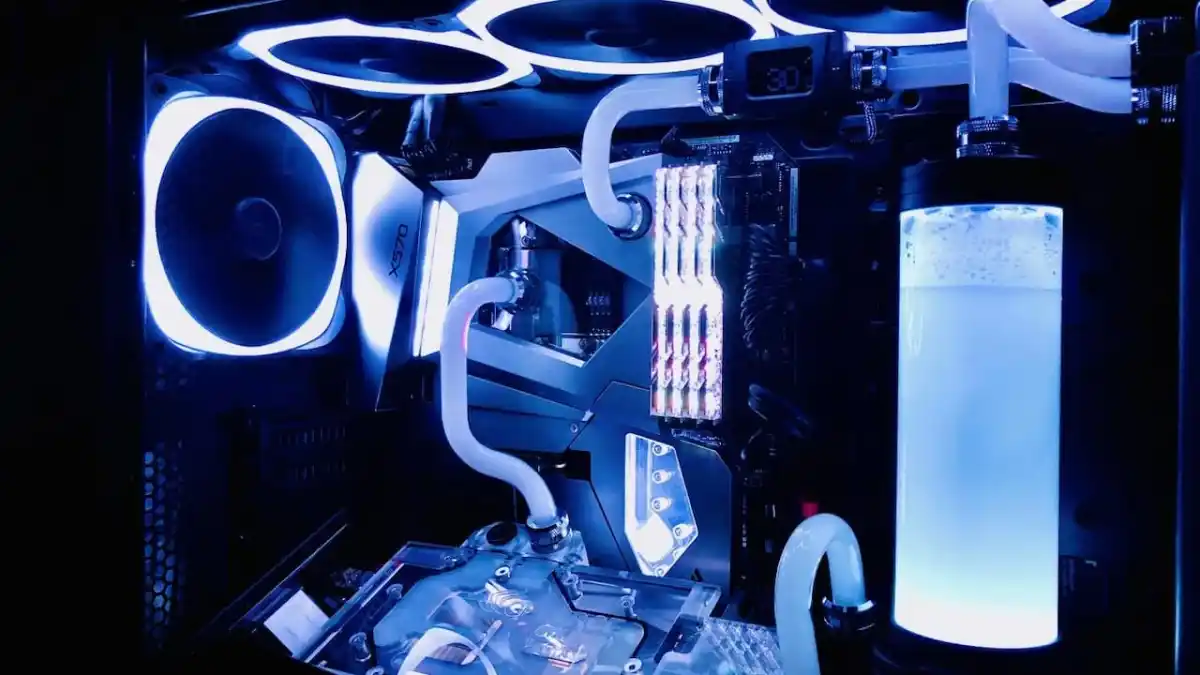
Published: Apr 11, 2022 10:30 PM UTC